Wangari Maathai Tree Planting
Wangari maathai tree planting. The act of planting trees enabled the earth to breath and the crops to grow. Wangari Maathai first African woman honored with the Nobel Peace Prize helps students plant trees at Pelly Place in West Seattle during Earth Summit II on. UN Photo Evan SchneiderKenyas Wangari Muta Maathai the 2004 Nobel Peace Prize winner environmentalist.
He said Wangaris work stands as a testament to the power of a single persons idea that the simple act of planting a tree can be a profound. 2011 launched Kenyas Green Belt Movement a grassroots tree-planting organization composed primarily of women working to curtail the devastating social and environmental effects of deforestation and desertification. Nivola explains the environmental issues in a simple non-politicized manner focusing on the relationship between people and local ecology and the virtues that enabled Maathai and other Kenyan women to restore the forests.
She continued to develop this idea into a broad-based grassroots organisation the Green Belt Movement GBM whose main focus is poverty reduction and environmental conservation. Celebrating Nobel Peace Prize winner Wangari Maathai and her tree-planting movement Today March 3 marks not only Africa Environment Day but also celebrates the first African woman to win the Nobel Peace Prize Wangari Maathai. She was the first female scholar from East and Central Africa with a doctorate.
Who was Wangari Maathai husband. Wangari Maathai realised that tree planting was fundamental to civic education political advocacy community empowerment economic sustainability and global biodiversity. For me planting a tree is a very doable thing.
She was the first African woman to. The drying watersheds forest clearance. Tree Planting and Water Harvesting If you destroy the forest then the river will stop flowing the rains will become irregular the crops will fail and you will.
Nobel Peace laureate Wangari Maathai discusses the positive impact of the Green Belt Movement planting 30 million trees in Kenya and many more else where in. She and GBM were the recipients of the 2004 Nobel Peace Prize. In 1977 she led a national movement to reforest Kenya.
This led to creating thousands of greenbelts in the country and soon spread to other countries in Africa. Mapping tree-planting sites ensures that our efforts are helping to restore critical watersheds.
Mapping tree-planting sites ensures that our efforts are helping to restore critical watersheds.
Reviewed by Jane Irungu PhD. Wangari Maathai began her efforts not. She was the first female scholar from East and Central Africa with a doctorate. She continued to develop this idea into a broad-based grassroots organisation the Green Belt Movement GBM whose main focus is poverty reduction and environmental conservation. Nivola explains the environmental issues in a simple non-politicized manner focusing on the relationship between people and local ecology and the virtues that enabled Maathai and other Kenyan women to restore the forests. Africa Access Book Author. The drying watersheds forest clearance. Planting the Trees of Kenya is an account for young readers of the life and work of Wangari Maathai Founder of the Green Belt Movement. Its not complicated it doesnt require technology it doesnt require much knowledge but it can be a very important entry point into communities understanding how they destroy their own resources but how they can also restore those resources and not wait for their government or international agencies to come and help them.
As a child Wangari Maathai learned from her grandmother that a large fig tree near her family home in central Kenya was sacred and not to be disturbedAnd she remembered gathering water at the springs protected by the roots of the treesThen later when she returned to her family home she began to notice the changes in the environment. Nobel Peace laureate Wangari Maathai discusses the positive impact of the Green Belt Movement planting 30 million trees in Kenya and many more else where in. A pioneer in linking environmental protection with human rightsPhoto. Wangari Maathai realised that tree planting was fundamental to civic education political advocacy community empowerment economic sustainability and global biodiversity. Starting with a small tree nursery in her backyard Wangari Maathai d. Wangari Muta Maathai has changed Kenya tree by treeand with each page turned children will realize their own ability to positively impact the future. Her organization is credited with planting about 30 million trees and making it a project for as many as 30000 underemployed women.
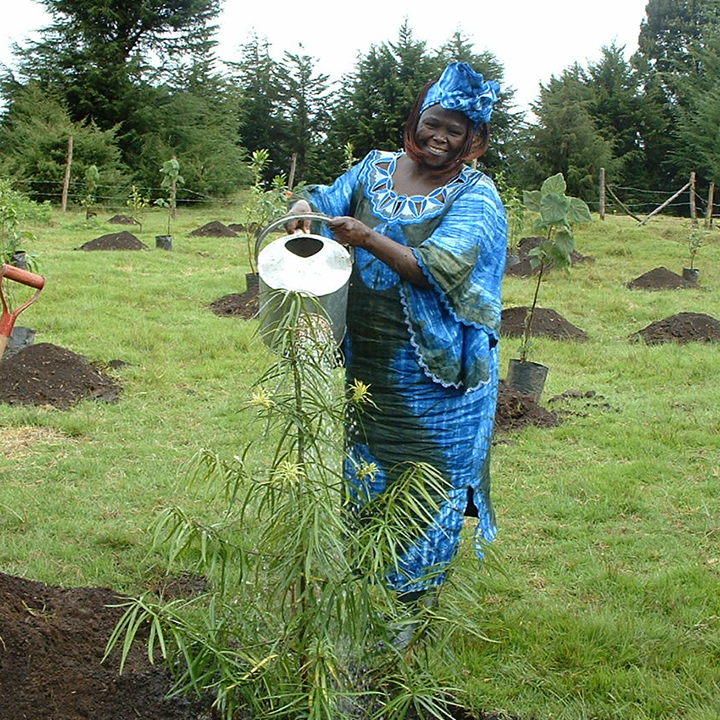

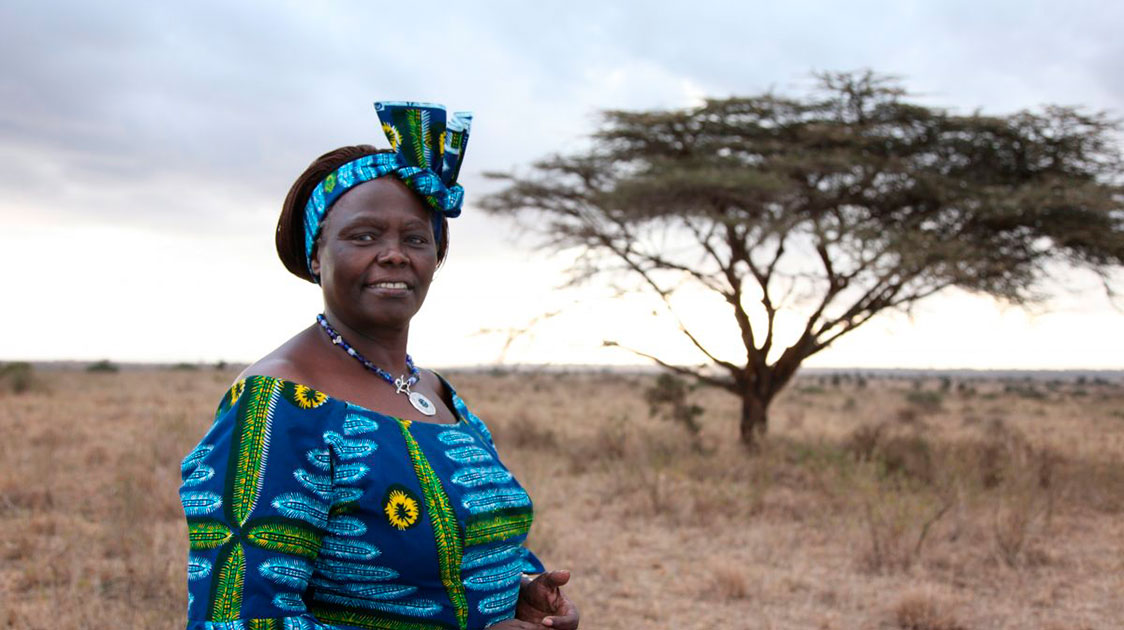
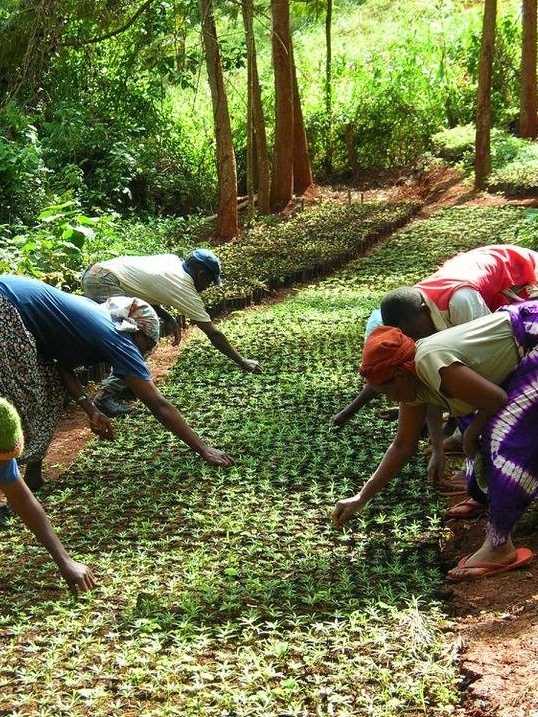


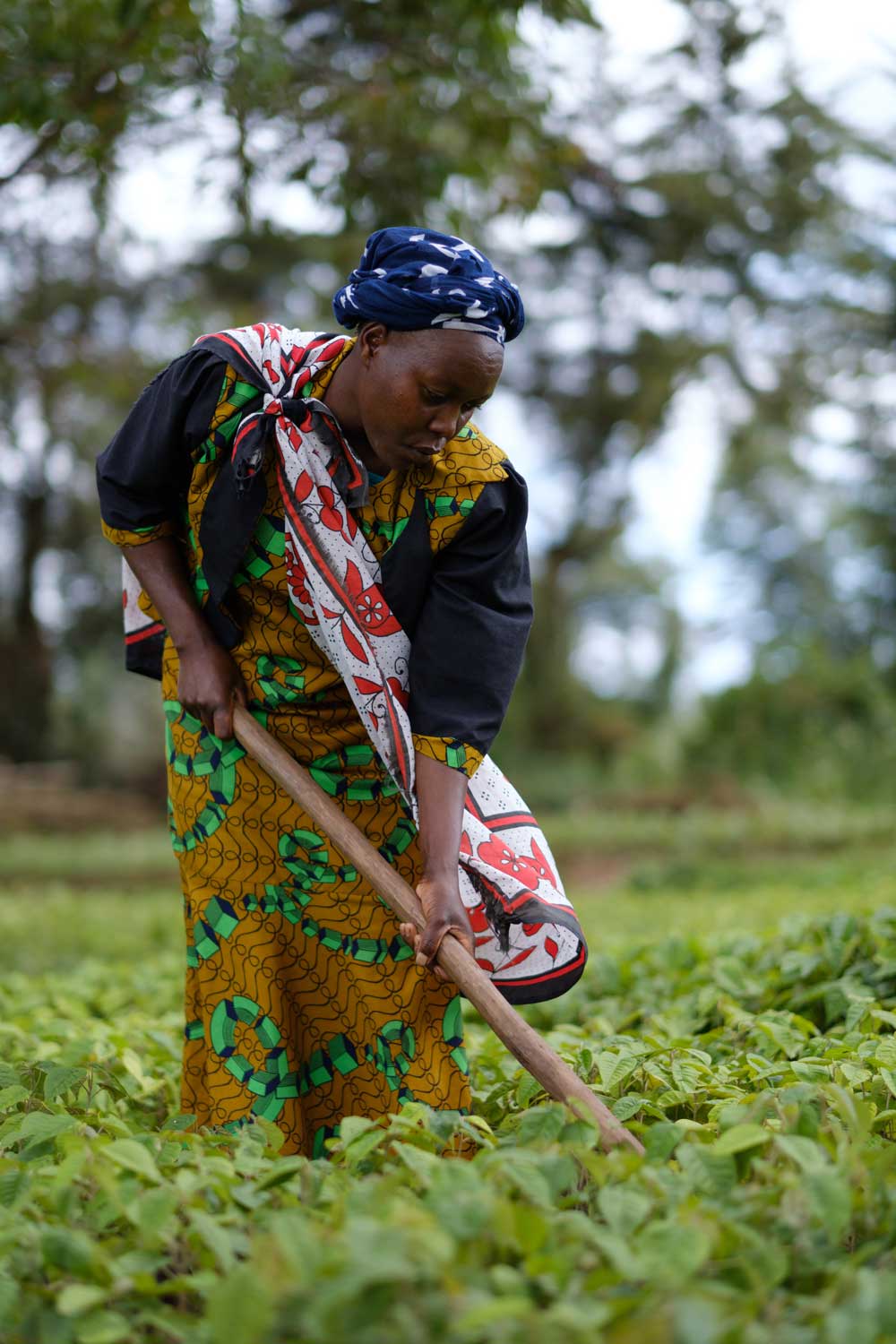

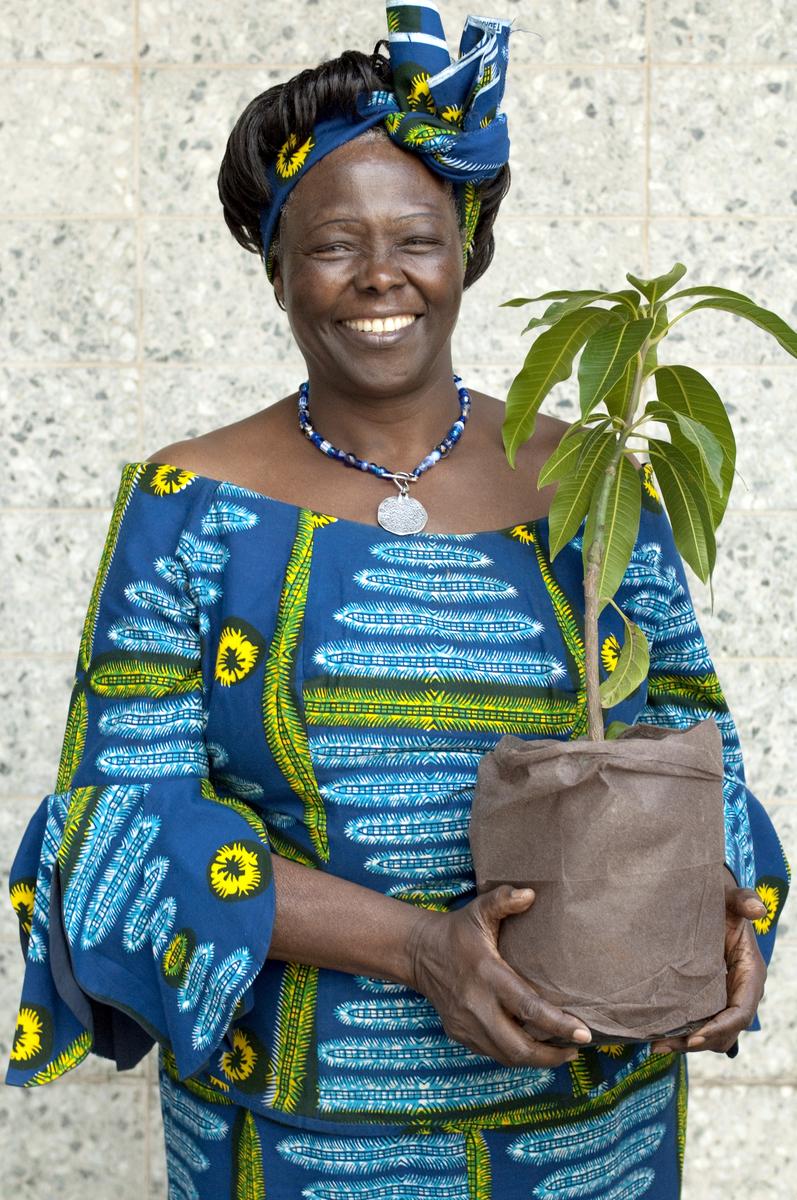




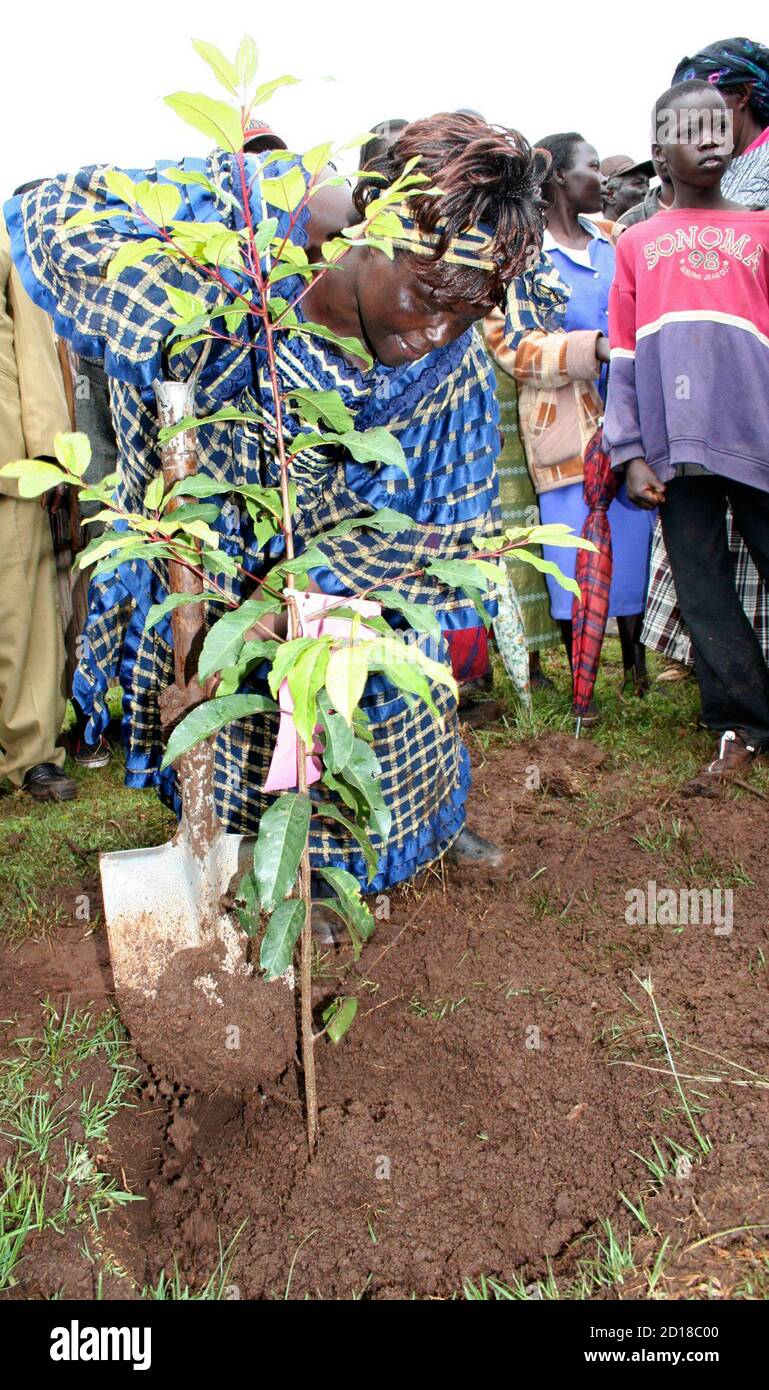


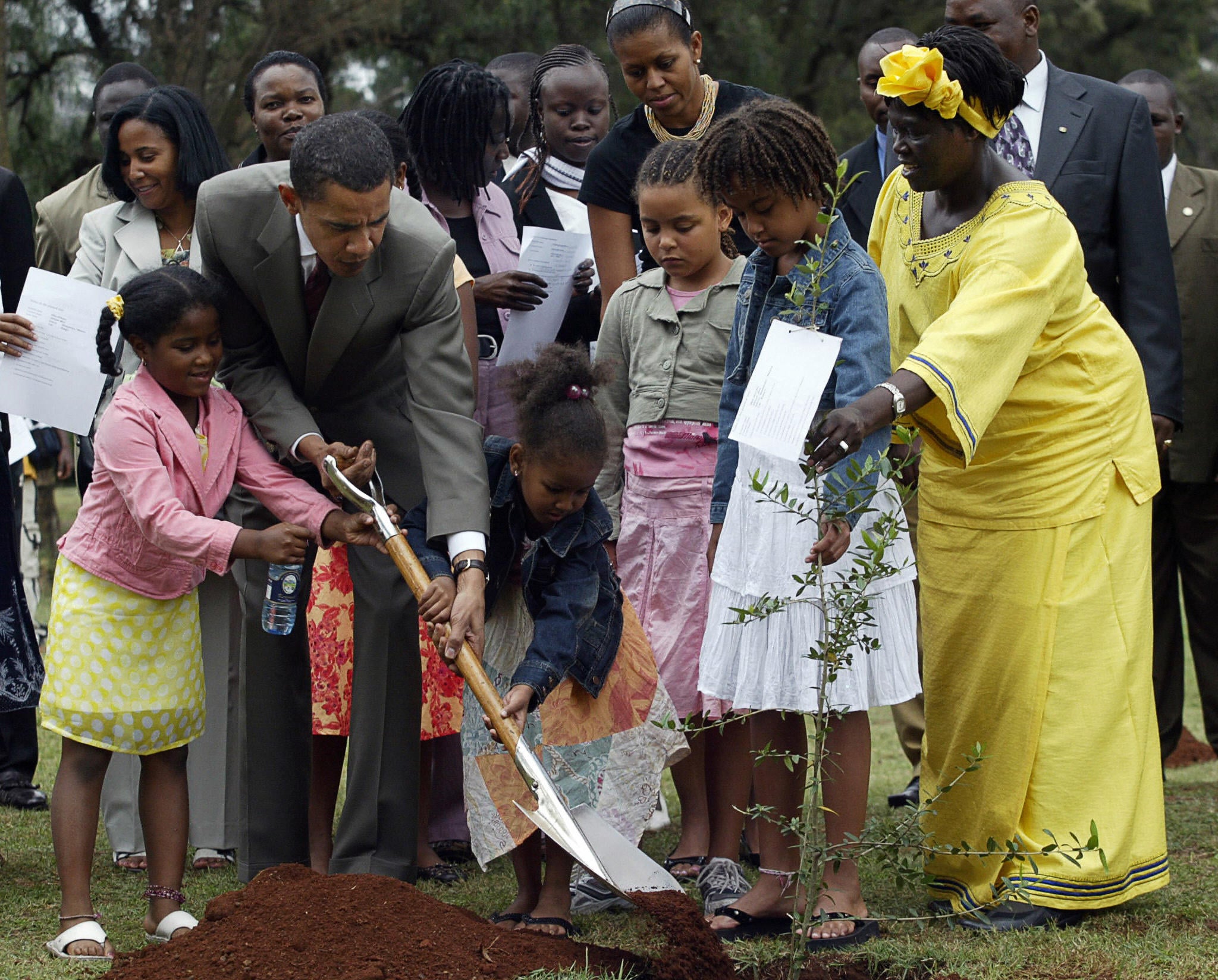
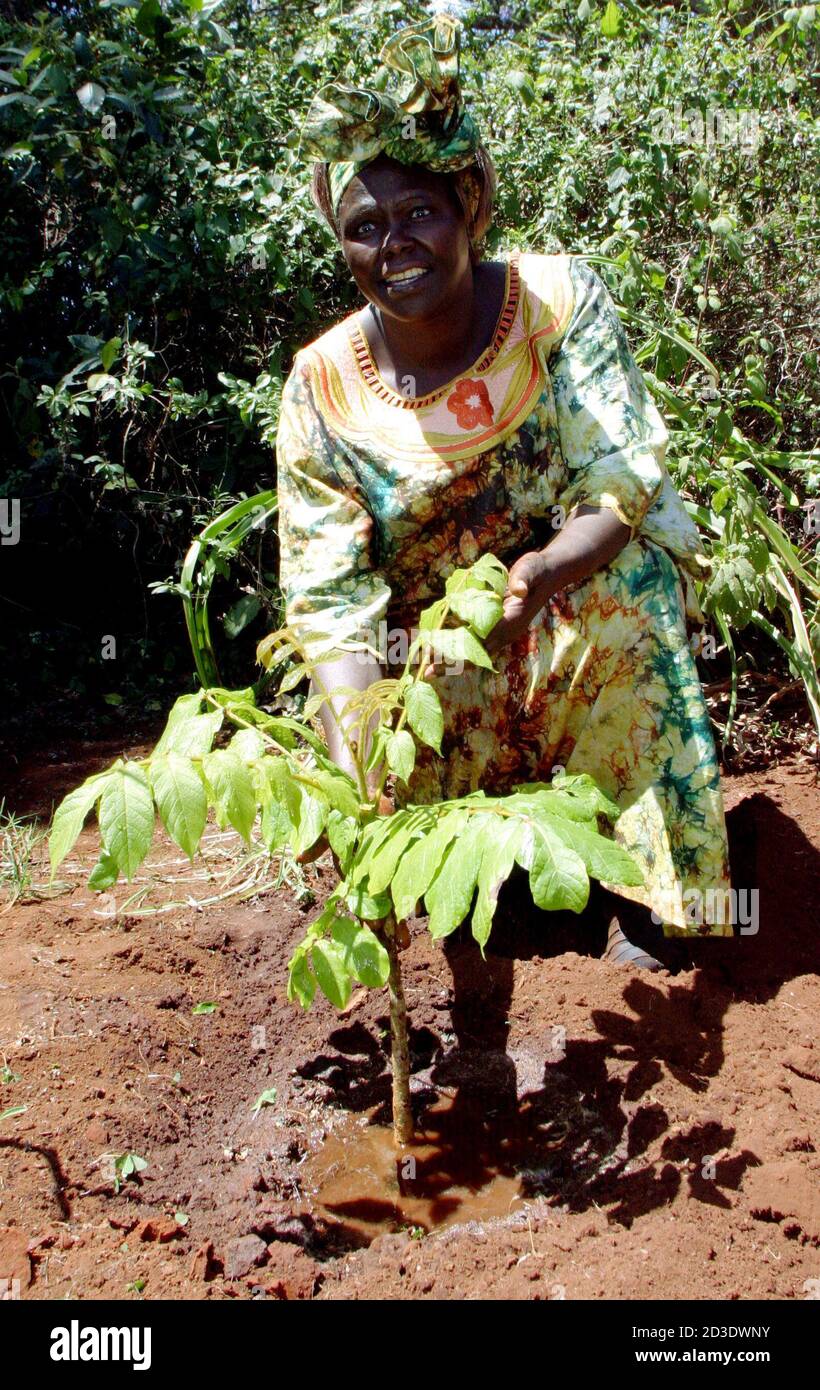


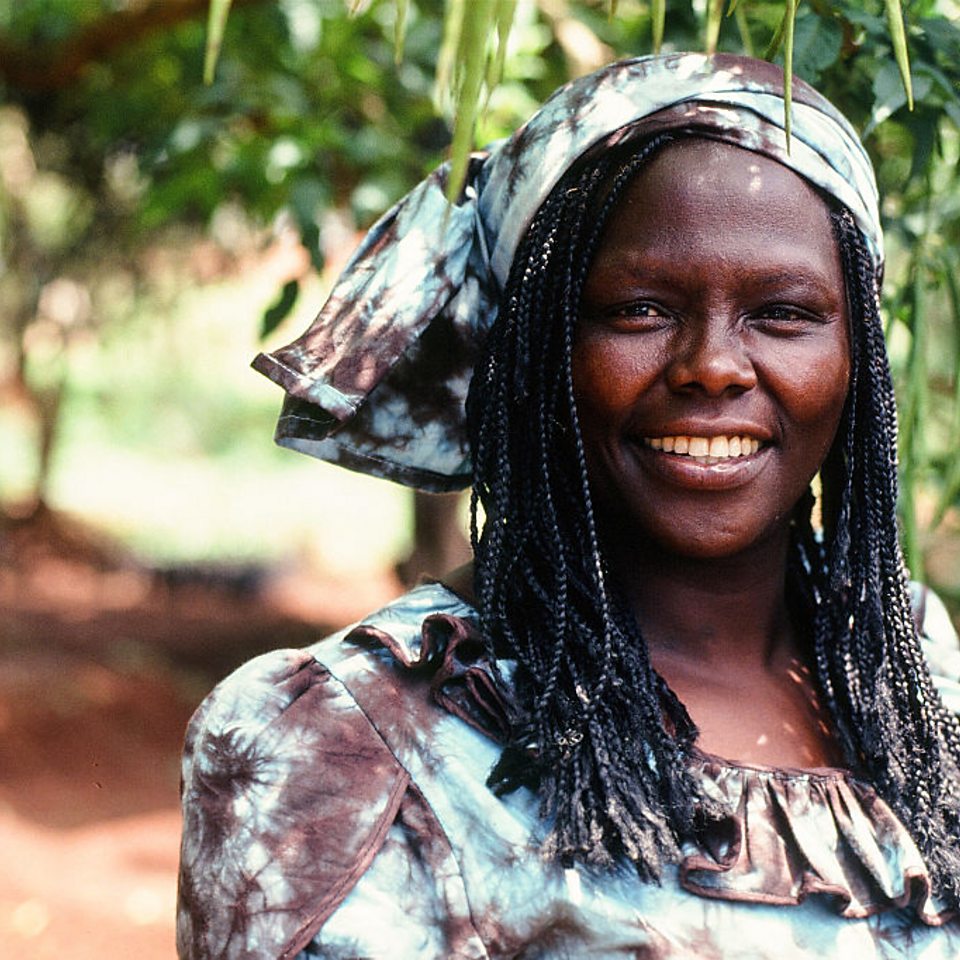
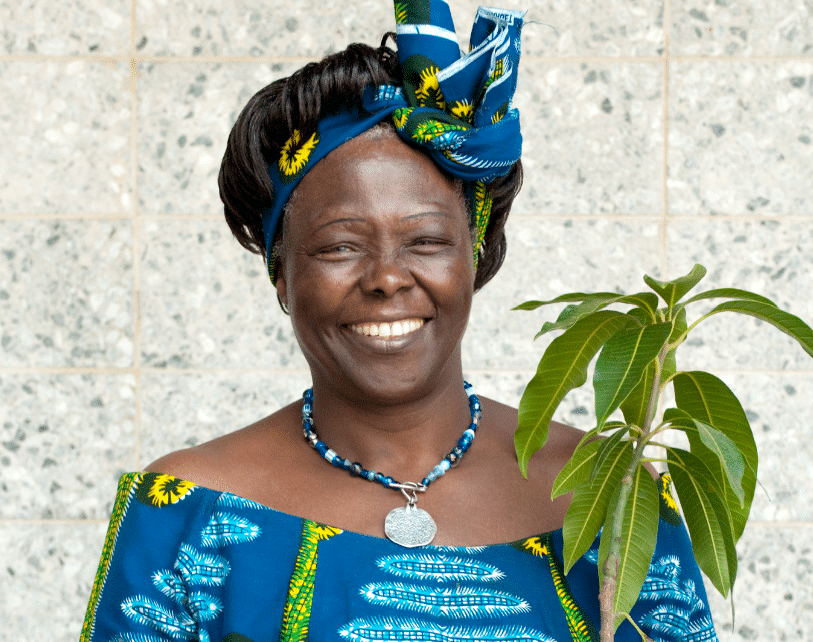

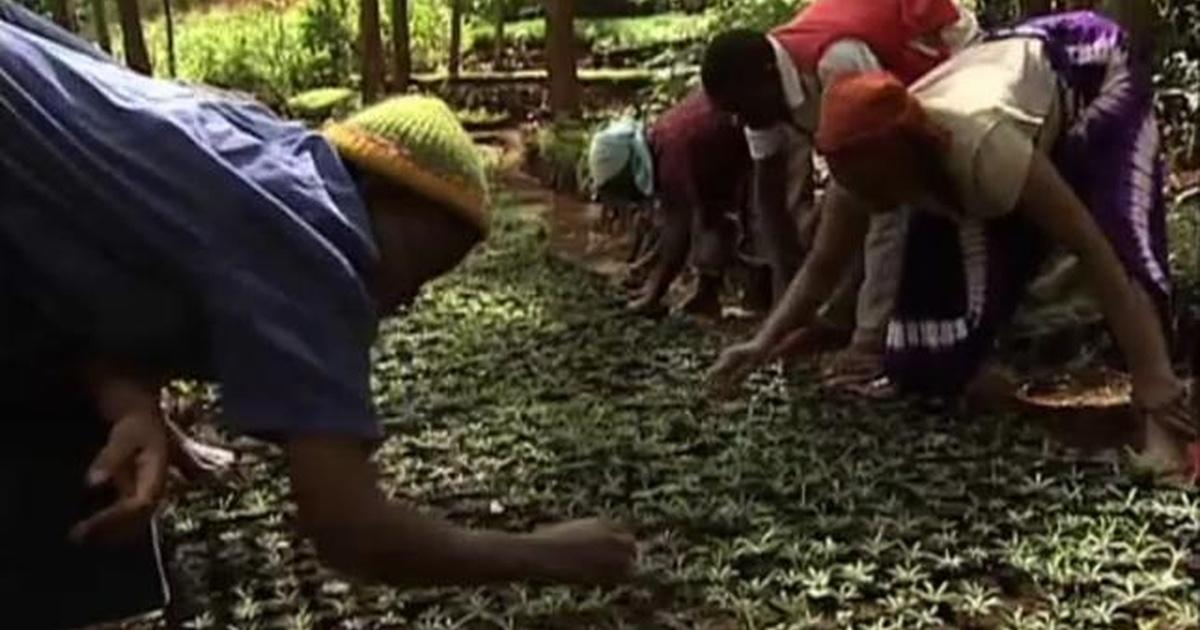
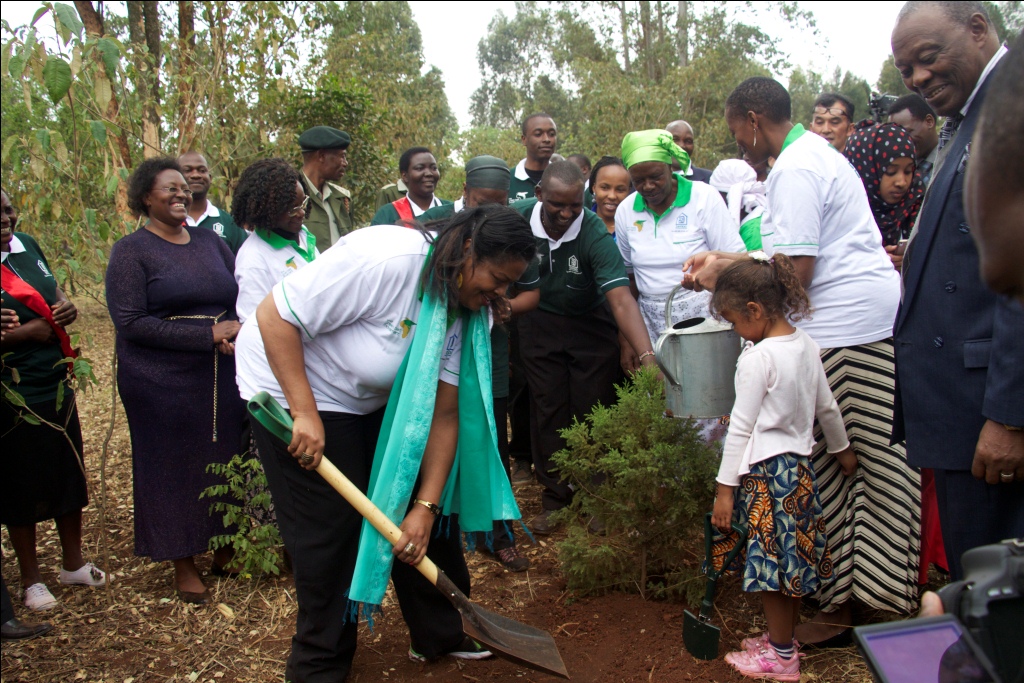
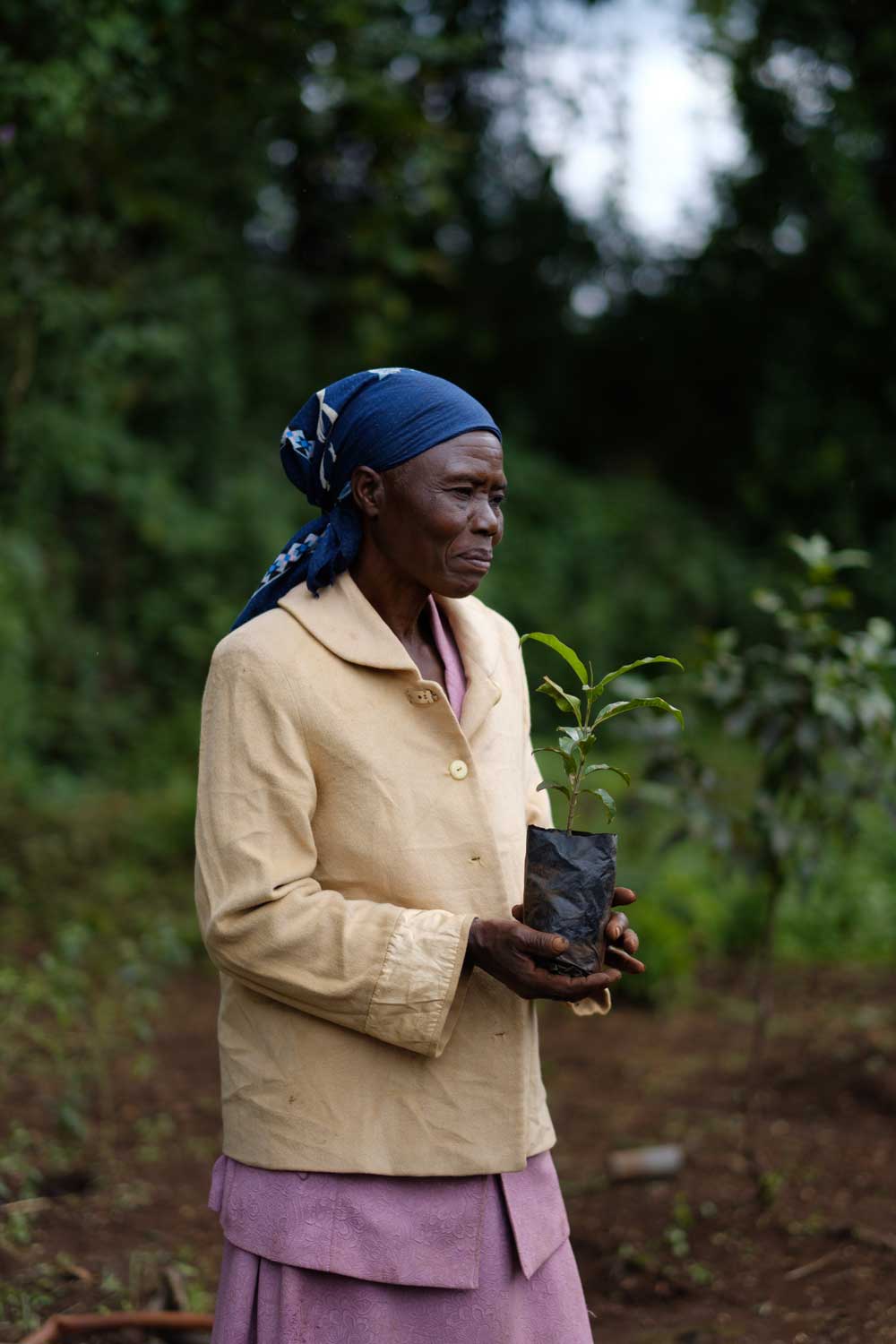




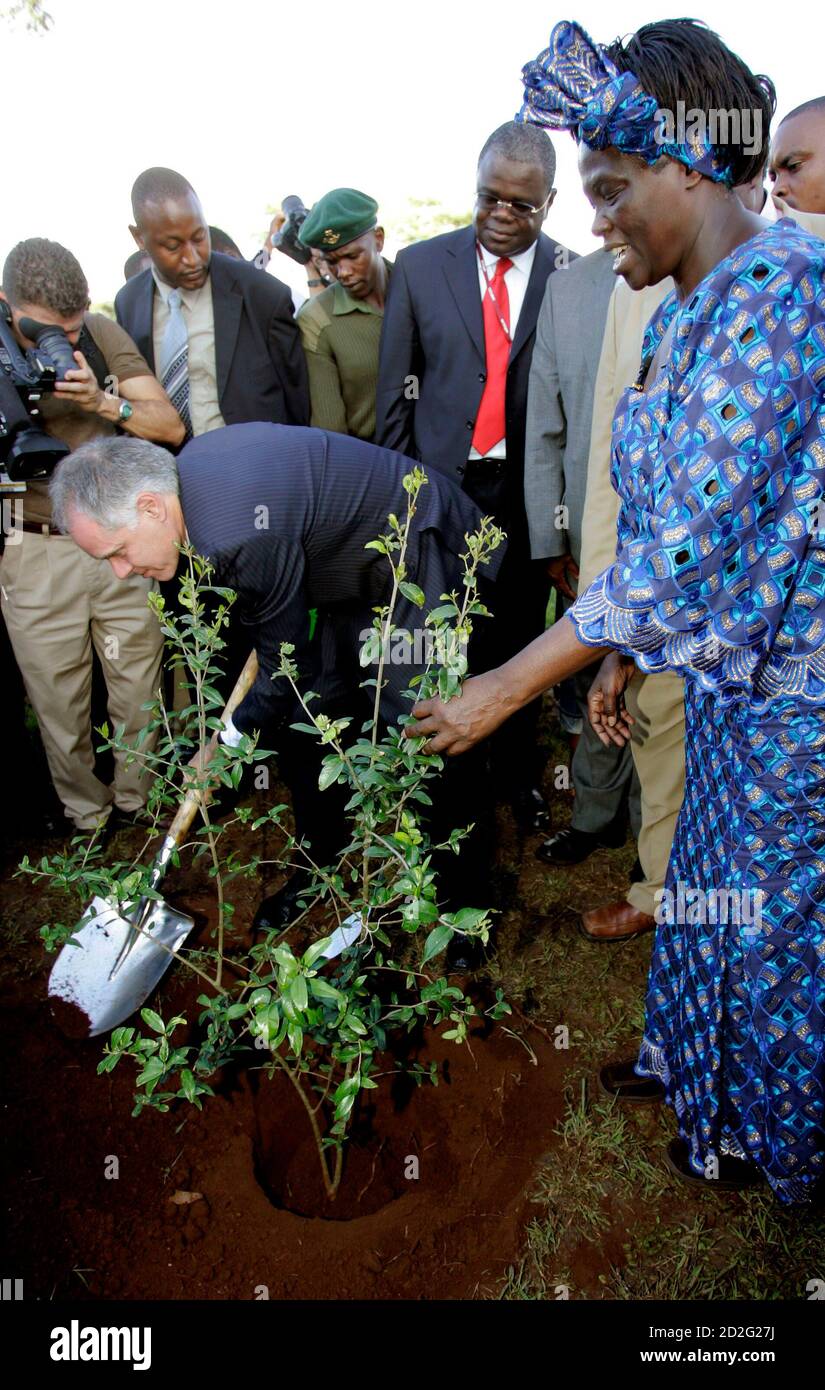


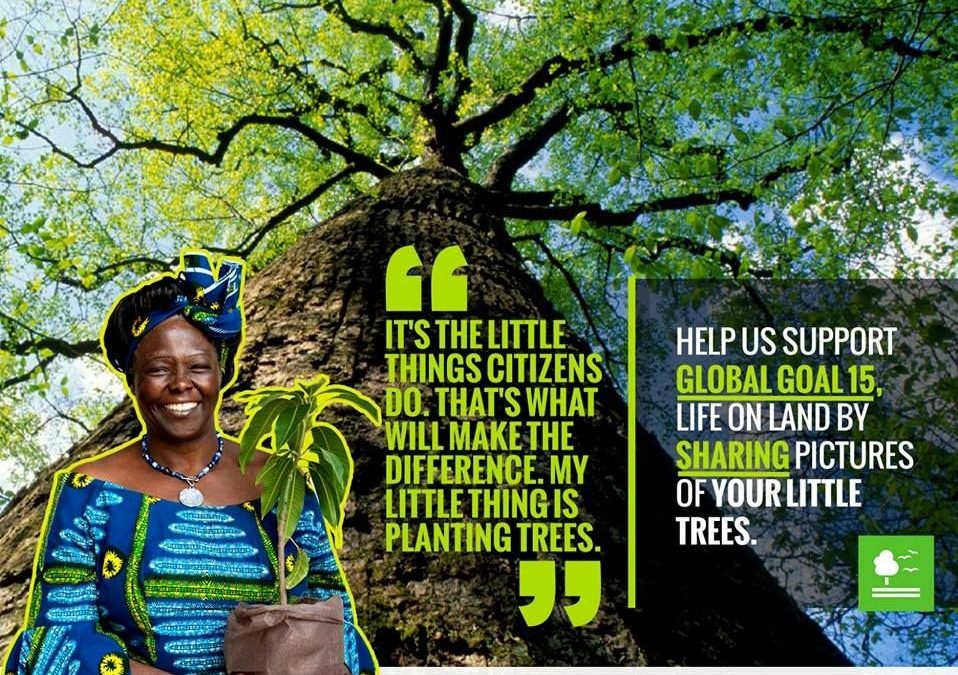
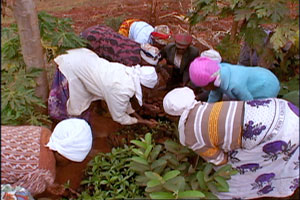
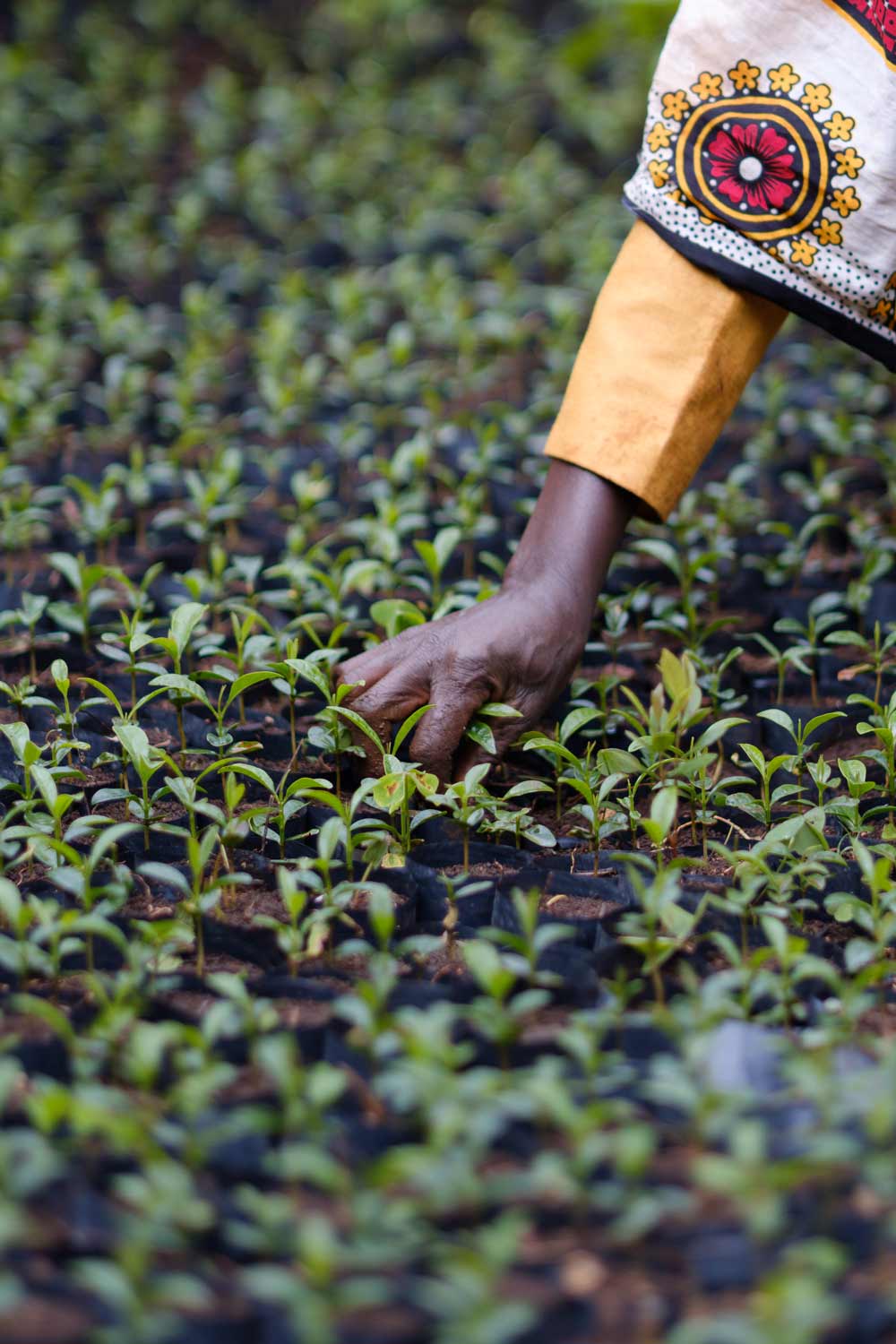
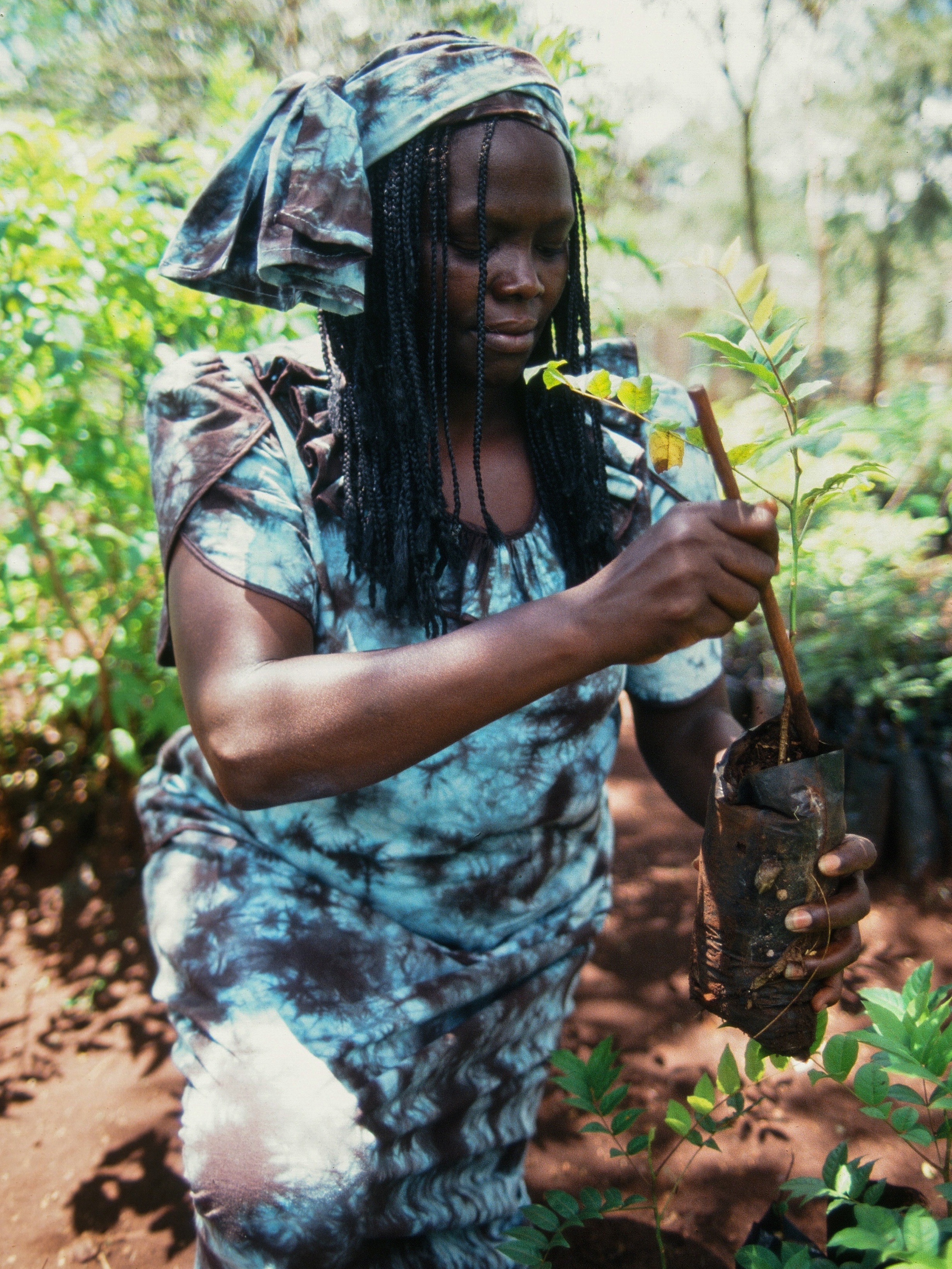
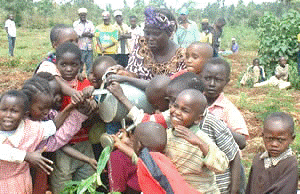
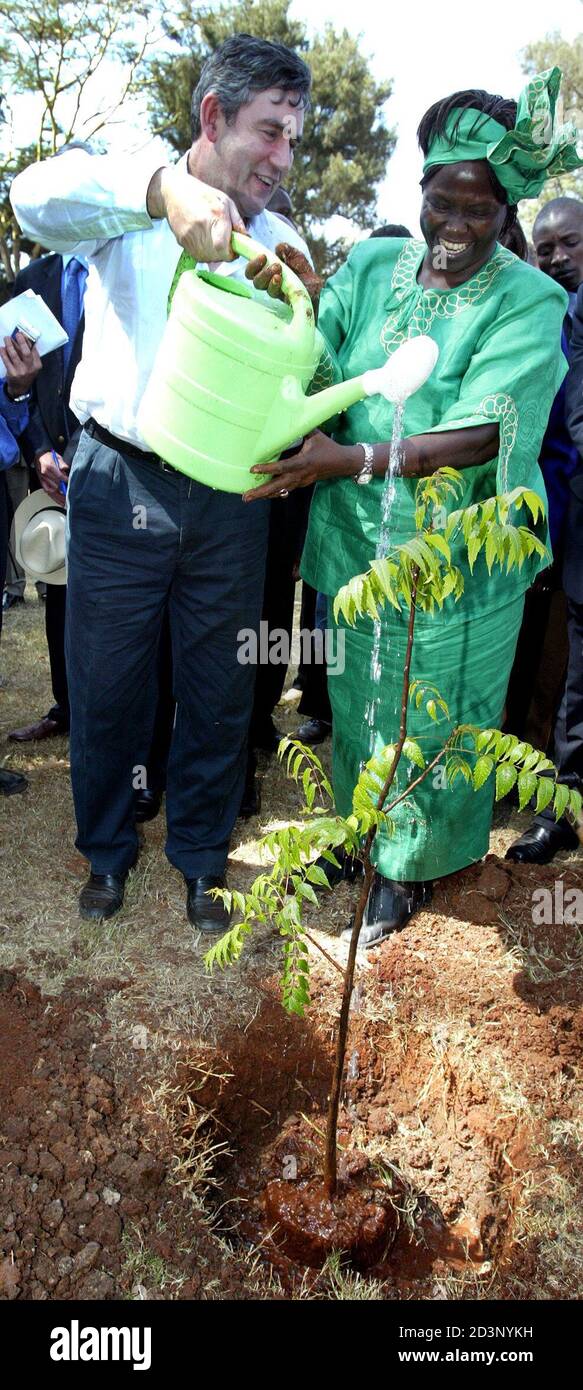

Post a Comment for "Wangari Maathai Tree Planting"